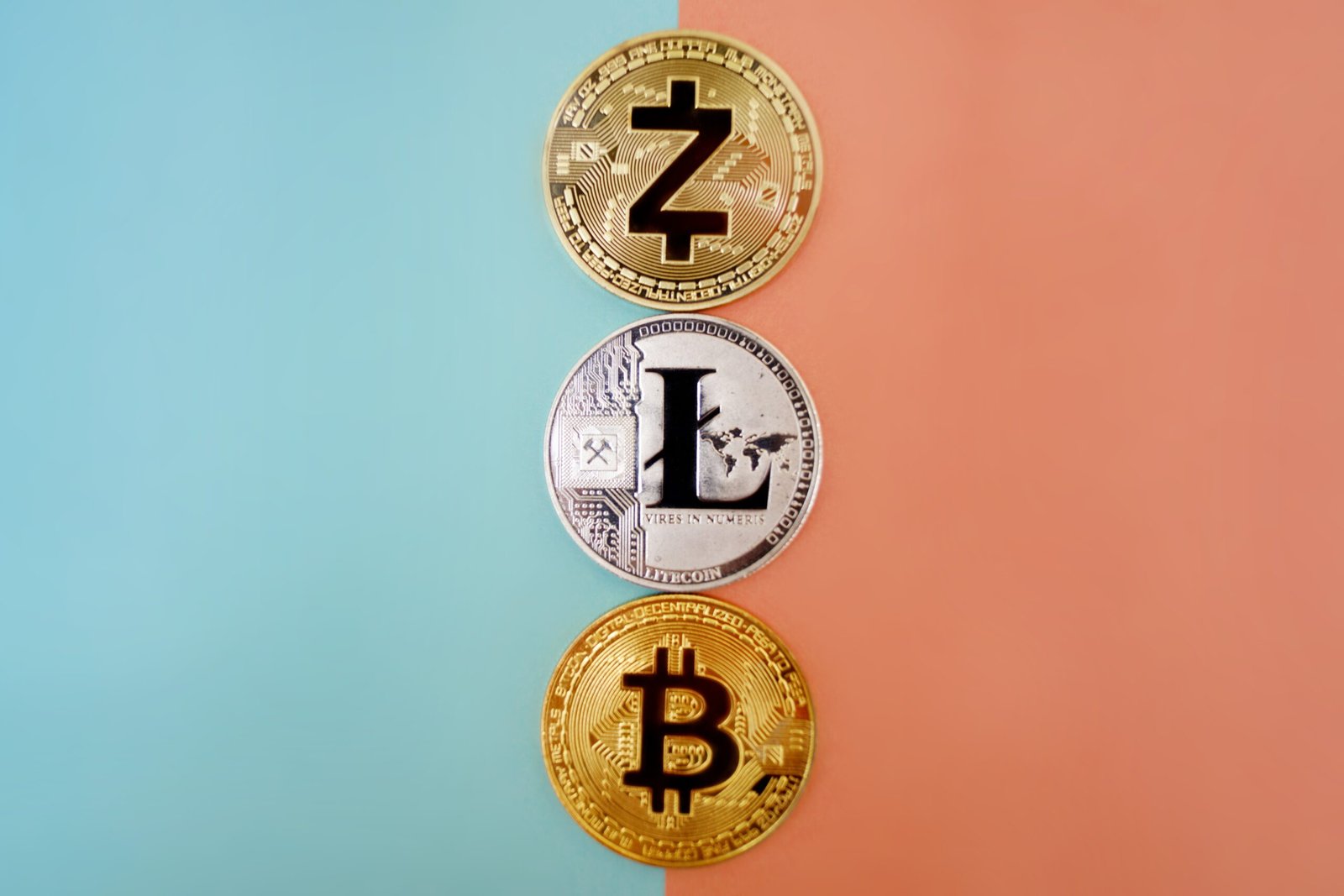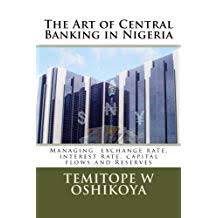Cryptoassets as National Currency? A Step Too Far
New digital forms of money have the potential to provide cheaper and faster payments, enhance financial inclusion, improve resilience and competition among payment providers, and facilitate cross-border transfers.
But doing so is not straightforward. It requires significant investment as well as difficult policy choices, such as clarifying the role of the public and private sectors in providing and regulating digital forms of money.
Some countries may be tempted by a shortcut: adopting cryptoassets as national currencies. Many are indeed secure, easy to access, and cheap to transact. We believe, however, that in most cases risks and costs outweigh potential benefits.







